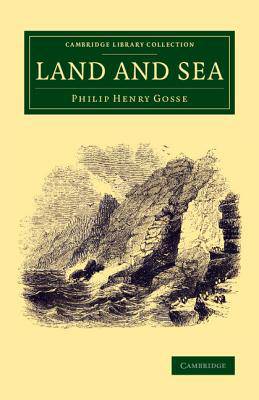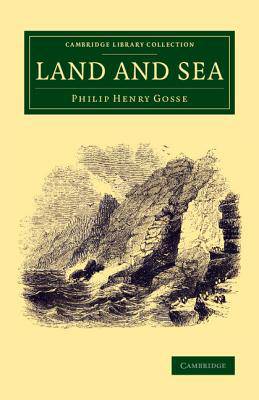
- Afhalen na 1 uur in een winkel met voorraad
- Gratis thuislevering in België vanaf € 30
- Ruim aanbod met 7 miljoen producten
- Afhalen na 1 uur in een winkel met voorraad
- Gratis thuislevering in België vanaf € 30
- Ruim aanbod met 7 miljoen producten
Zoeken
€ 90,45
+ 180 punten
Uitvoering
Omschrijving
Philip Henry Gosse (1810-88) is best remembered today for the portrait given by his son Edmund in his autobiographical Father and Son. In his own day, he was famous as a natural historian, and his books were extremely popular. (His Naturalist's Sojourn in Jamaica is also reissued in this series.) In 1857, Gosse moved from London to Devon, where he spent the rest of his life. This 1865 book offers essays about various aspects of the geography and natural history of the West Country. There are some digressions (one chapter is on the woods of Jamaica), and reminders of the two great Victorian crazes, for ferns and for seashore life, which Gosse's writings partly instigated. In his final essay, on Dartmoor, is an appendix which argues that Britain is the biblical Tarshish - a reminder that Gosse was also a fundamentalist Christian who struggled with many aspects of contemporary science.
Specificaties
Betrokkenen
- Auteur(s):
- Uitgeverij:
Inhoud
- Aantal bladzijden:
- 442
- Taal:
- Engels
- Reeks:
Eigenschappen
- Productcode (EAN):
- 9781108073424
- Verschijningsdatum:
- 28/08/2014
- Uitvoering:
- Paperback
- Formaat:
- Trade paperback (VS)
- Afmetingen:
- 140 mm x 216 mm
- Gewicht:
- 557 g

Alleen bij Standaard Boekhandel
+ 180 punten op je klantenkaart van Standaard Boekhandel
Beoordelingen
We publiceren alleen reviews die voldoen aan de voorwaarden voor reviews. Bekijk onze voorwaarden voor reviews.











